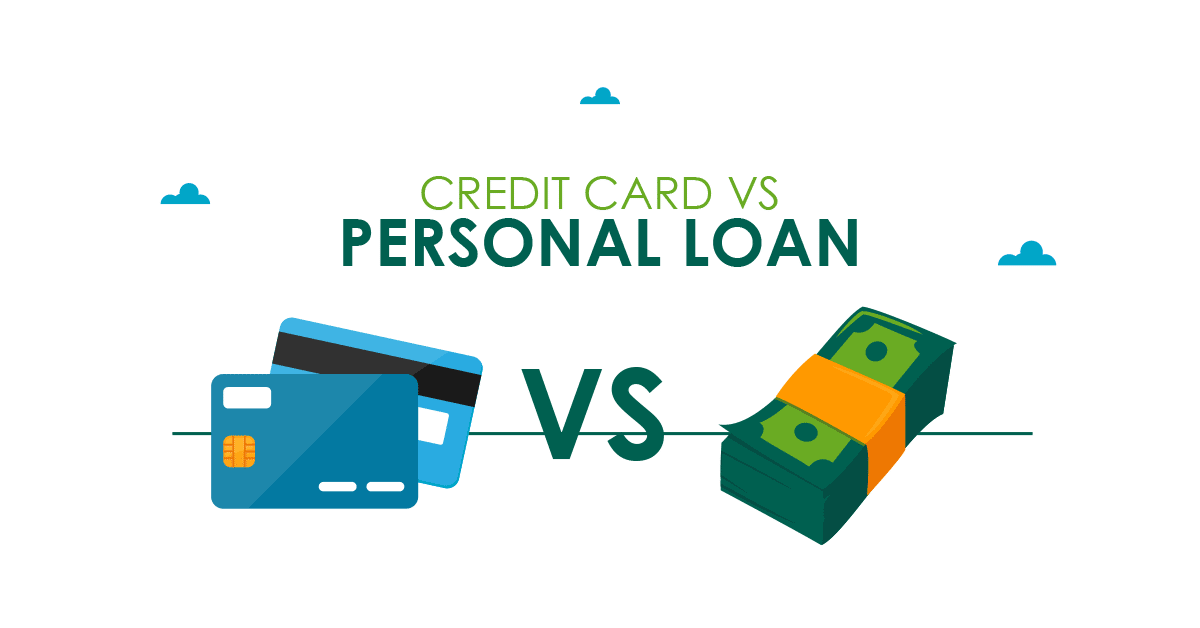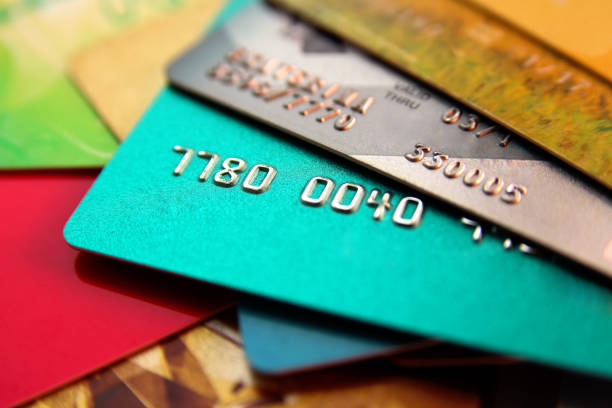You usually find that in both loan and credit Card agreements funds are offered by a lender, including capital and interest payments, late fees, debt underwriting requirements, amount limits, or more, at a fixed interest rate. Failure to handle either type of loan can reduce your credit rating, create loan problems, and so on.
But apart from these similarities, there are certain differences which will help you decide which one is better for you.
In this article, we will take you through each one of them
Credit Cards
Credit cards are classified as revolving credit. The borrower typically has continuous access to funds with a revolving credit account as long as their account is in full compliance. Credit-limit increases on revolving credit card accounts are also possible on a regular basis. Personal loans typically have lower interest rates than credit cards
Personal Loan

Under a personal loan, the borrower receives a lump sum upfront and has a set amount of time to repay it in full, via scheduled payments, and retire the loan. For borrowers with a good to high credit score, this arrangement usually comes with a lower interest rate.
Credit Cards VS Personal Loans

- To obtain a personal loan, you must submit a few documents and go through a simple verification process. In the case of a credit card loan, however, there is no need for additional documentation because your lender already has your information and a credit card can be applied for at almost any time when you need one.
- A personal loan allows you to borrow a larger amount. When you need a small loan, a credit card loan is ideal.
- Personal loans have a longer-term, whereas credit card loans have a shorter term.
- To apply for a personal loan or a credit card loan, you do not need to put up any collateral because they are both unsecured loans.
- Personal loan interest rates are not the same as credit card loan interest rates. Lenders also charge processing fees and other fees. Credit card interest rates can be very high depending on your card’s APR. Your CIBIL scores must be over 700 and above to able to apply for a credit card loan with the lowest interest rates
So, when to use which type of loan?

Personal loan
- If you require a longer repayment period.
- When you require funds to make multiple cash payments
- When you want to consolidate your debts in a tangible way,
Credit Cards
- If you can pay off your entire balance within your billing cycle (45 – 50 days), you will not be charged interest.
- If you want to keep the loan flexible, pay only the minimum amount due.
- If you are in desperate need of funds and are confident that you will be able to repay them in a short period of time,
In conclusion, from a distance, both credit cards and personal loans appear to be the same thing. While you can borrow money and pay it back, the difference is in the interest rates charged for the privilege and the purpose it is needed for.
First, determine how much money you’ll need. Then determine whether the tenure is suitable for you and whether the repayment is feasible in relation to the loan amount utilized to know which one is better for you.




